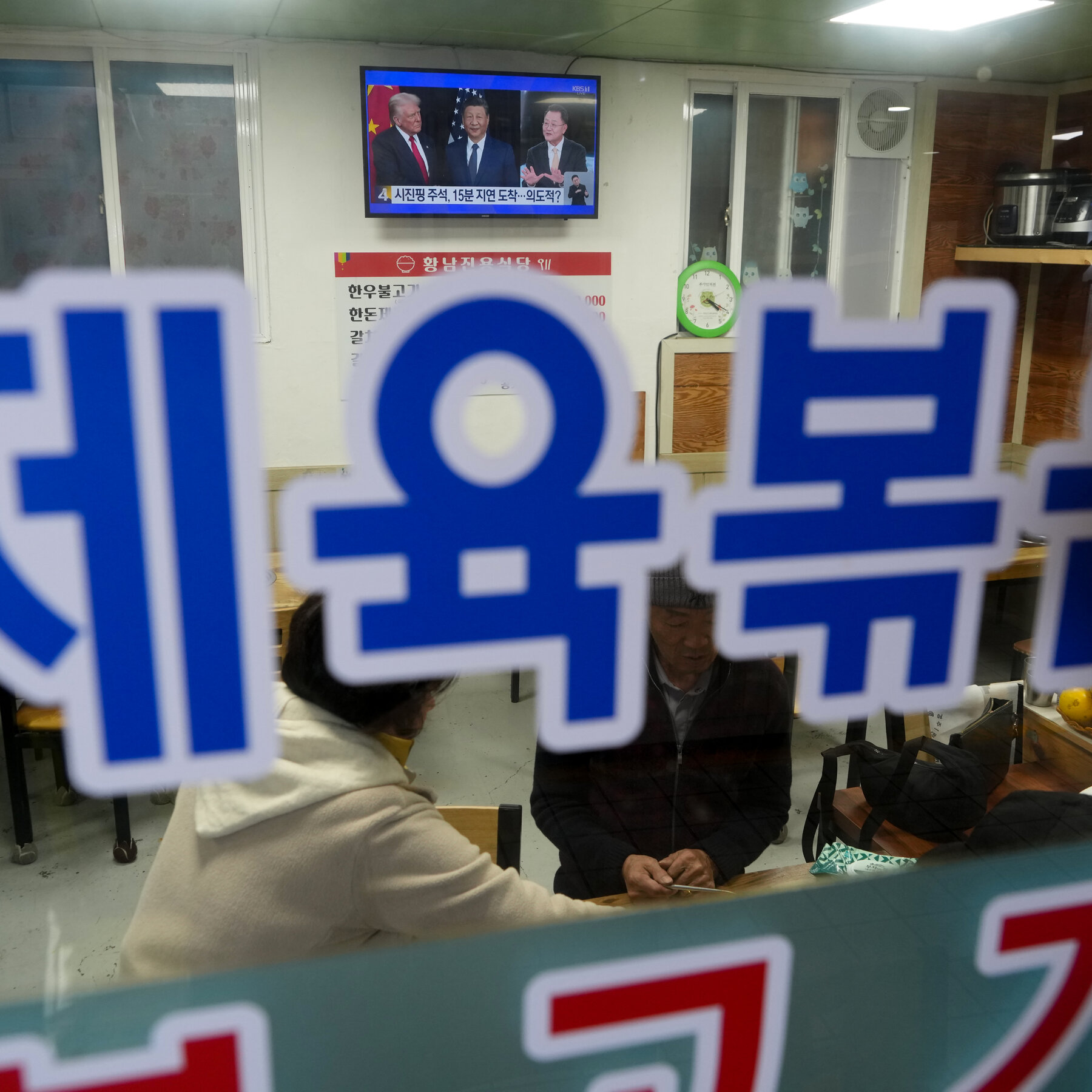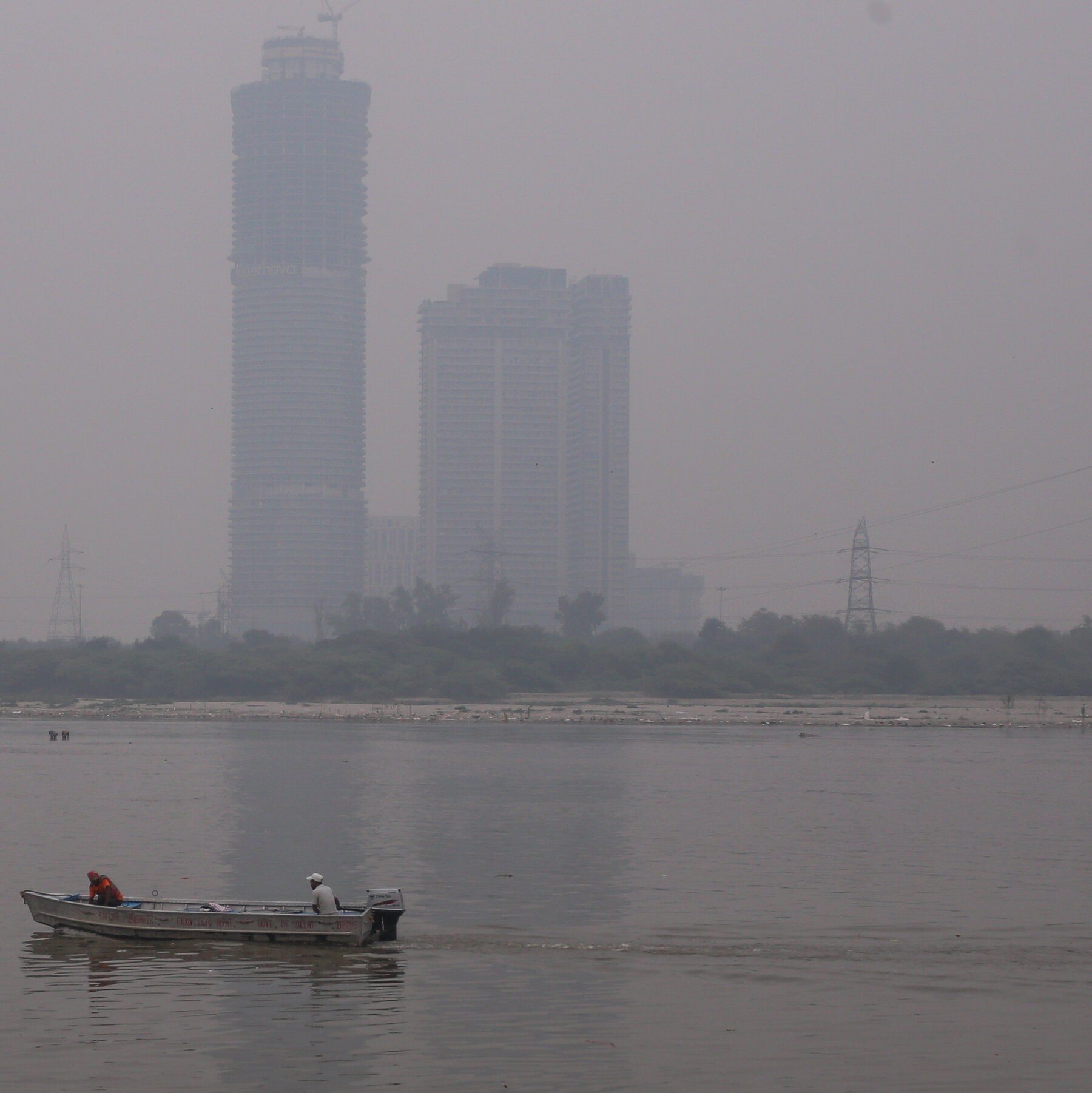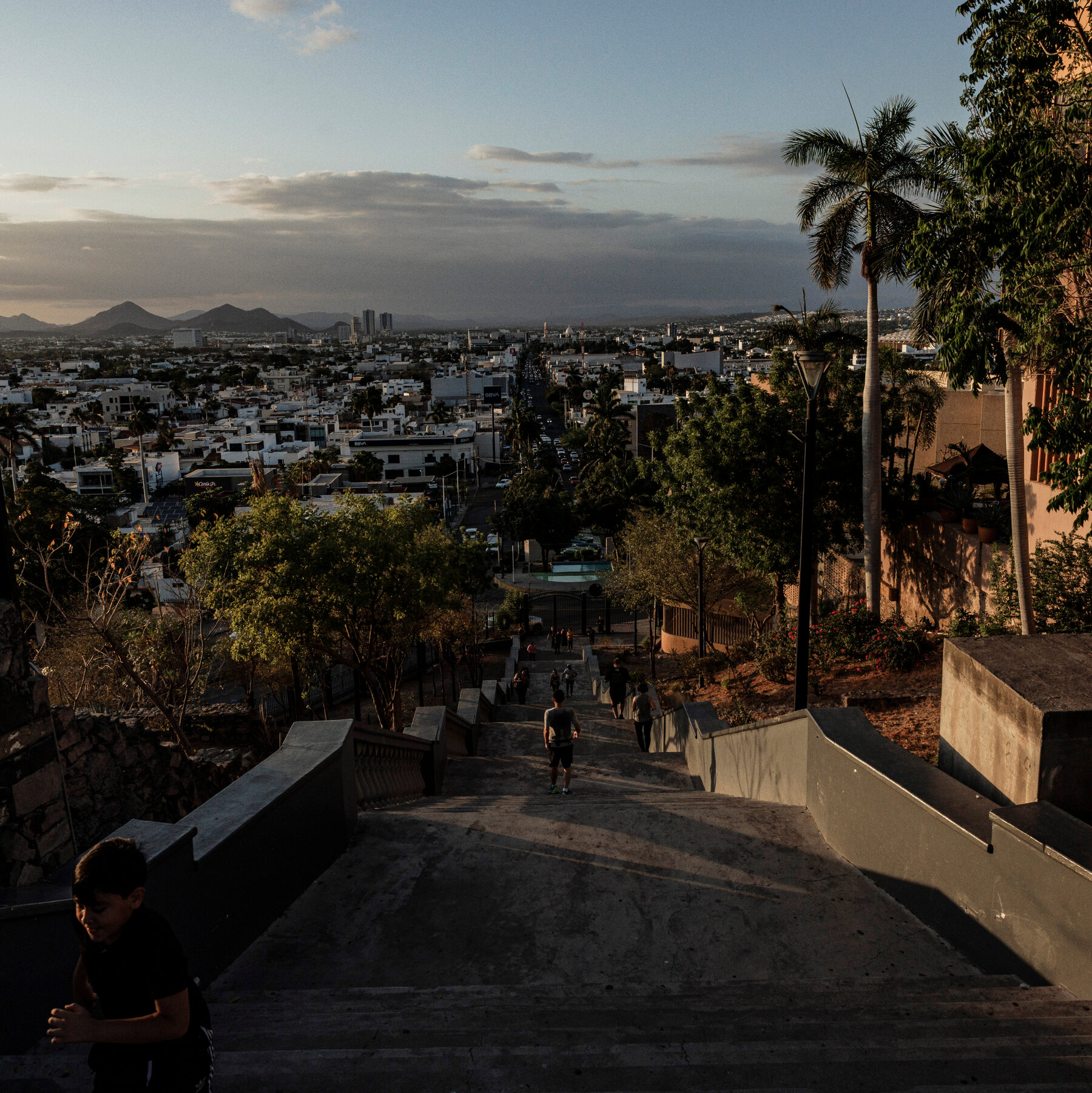Army Chief Warns France Must “Accept Losing Our Children,” Sparking Nationwide Outcry
Macron Set to Unveil Paid Voluntary Service Plan Amid Growing Security Concerns
Paris – A statement by the French Army Chief has ignited a heated debate across the country. In a televised interview, General Jean‑Michel Dubois warned that “if we do not confront the reality of the threat from Russia, France will have to accept losing our children on the battlefield.” The stark warning has provoked an immediate backlash from politicians, parents, and civil‑society groups.
At the same time, President Emmanuel Macron is expected to present a new proposal for a paid, voluntary military service designed to strengthen the armed forces. The plan, which aims to attract young adults with a modest salary and educational benefits, is seen by the government as a way to bolster France’s defence capabilities without resorting to compulsory conscription.
Critics argue that the Army Chief’s remarks are alarmist and undermine public confidence in the government’s security strategy. Marie Lefèvre, a spokesperson for the National Parents’ Association, condemned the comment as “irresponsible rhetoric that weaponises fear against families.”
Opposition leaders have also seized on the controversy. Deputy Prime Minister Laurent Benoît called the statement “a dangerous escalation of military discourse” and urged the President to focus on diplomatic solutions rather than expanding recruitment incentives.
Supporters of the Army Chief, however, contend that the warning reflects a harsh but necessary reality. “Our troops are on the front lines in Eastern Europe,” said retired General Alain Roussel. “If we do not prepare the next generation, we risk sending them into combat unprepared and without the support they deserve.”
The upcoming presidential address is expected to outline the specifics of the voluntary service, including salary ranges, training durations, and pathways to civilian careers. Analysts predict that the proposal could attract thousands of volunteers, but they caution that public sentiment may be swayed by the current uproar.
As the debate intensifies, many French citizens are left questioning whether a paid, voluntary model can truly address the nation’s security challenges without compromising the well‑being of its youth.





